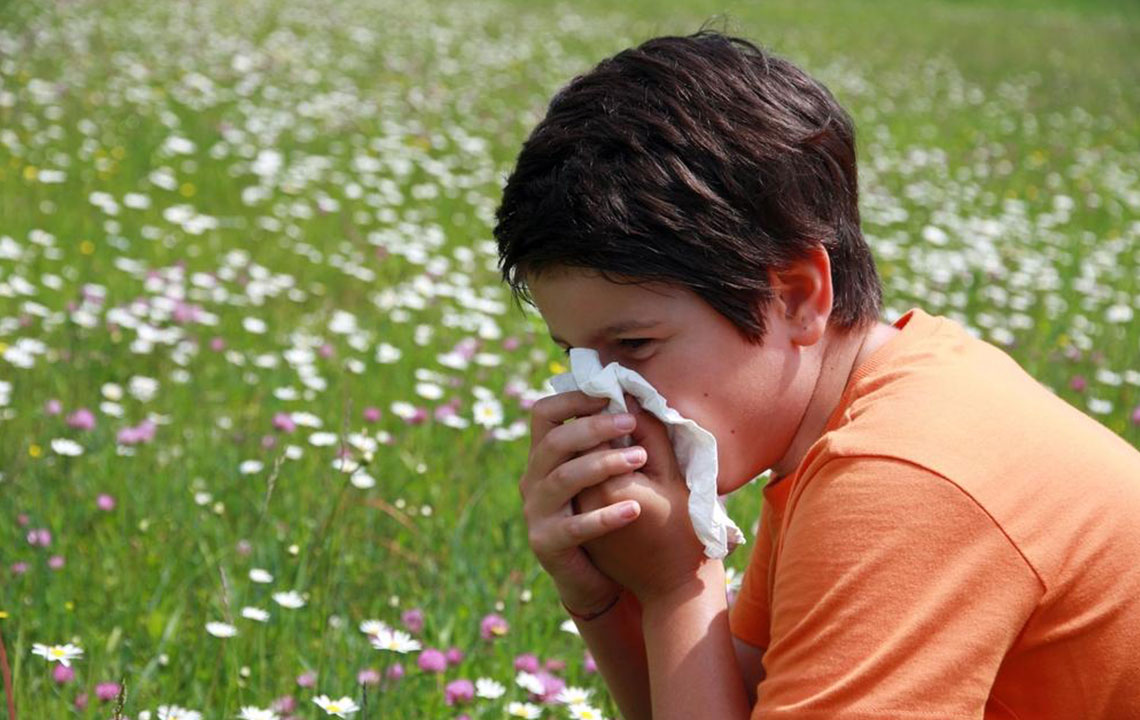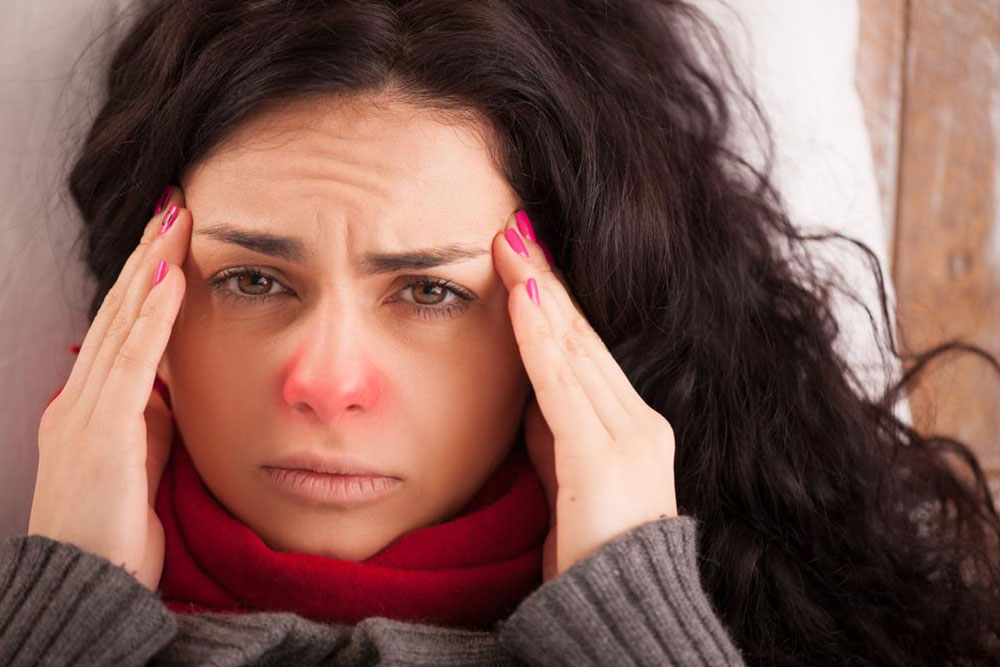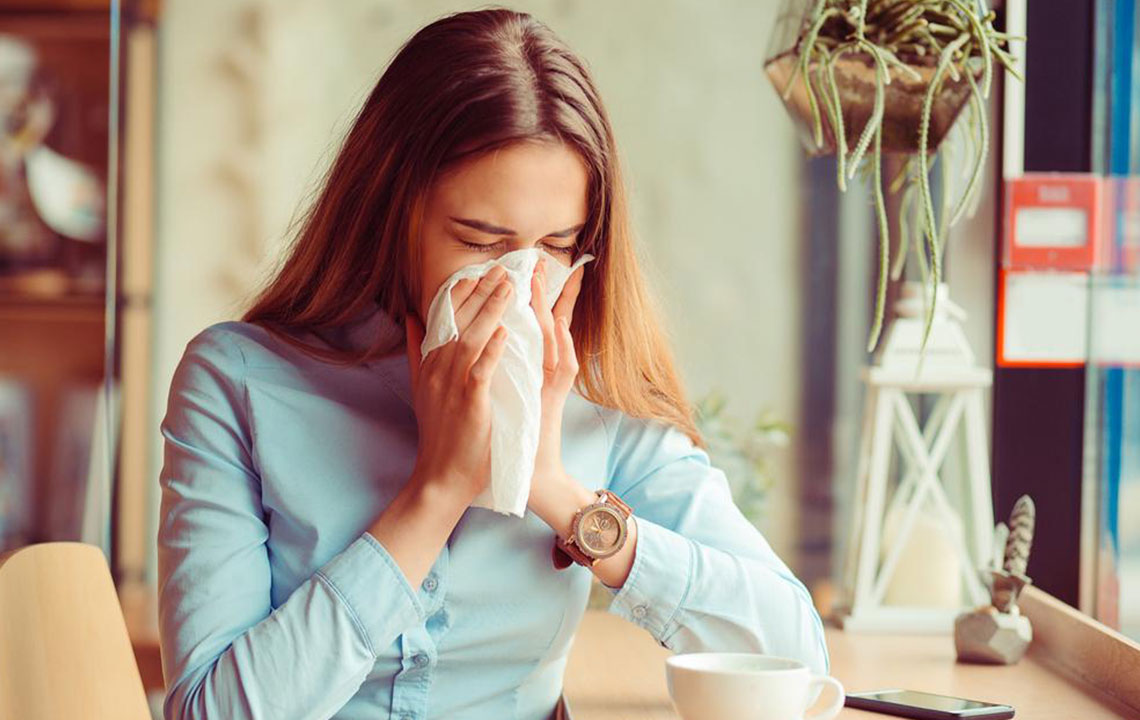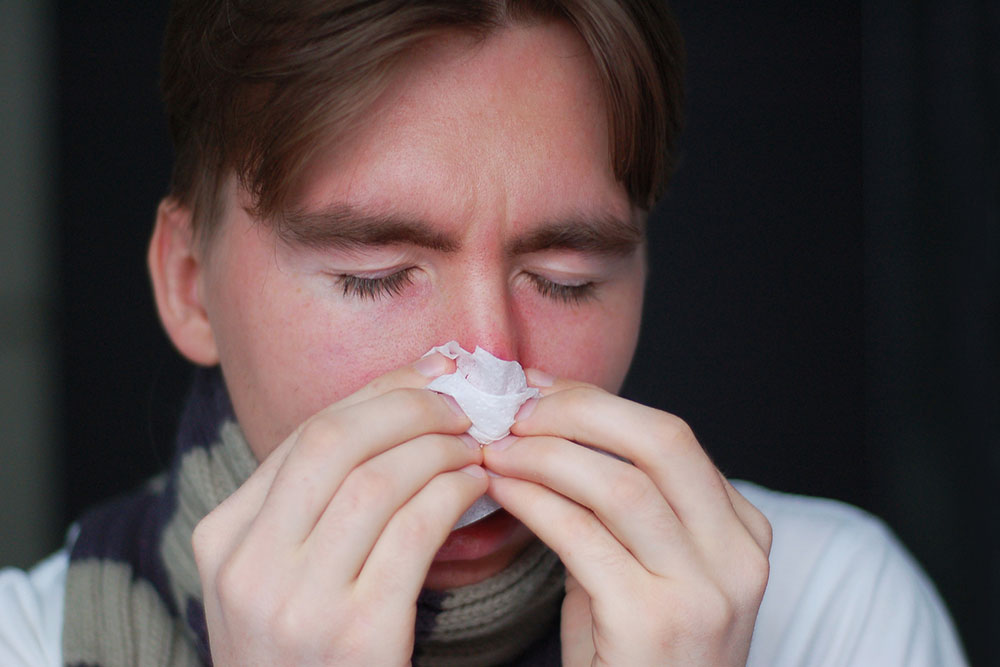Allergies- Types, Symptoms, and Treatments
An allergy is a disease caused when our immune system becomes hypersensitive due to contact with any foreign substance. These allergic reactions vary from person to person –while some allergies are less complicated with rashes or redness on skin some can be fatal like sending you into an anaphylactic shock where you find it difficult to breathe. Based on the different types of allergies, you need the best allergy medicine which can help your immune system to recover.
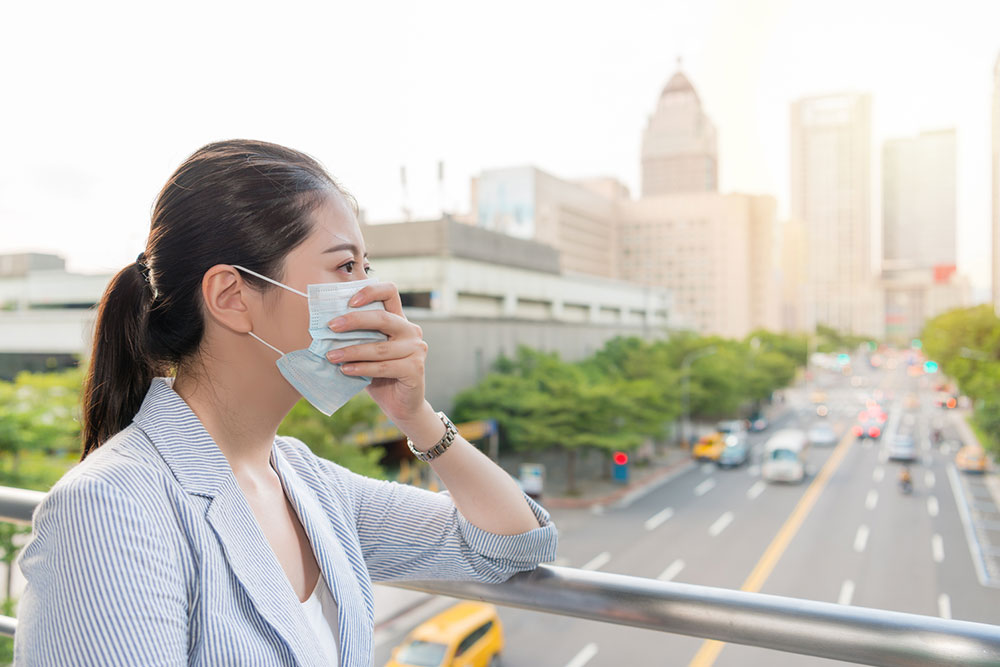
Food allergy
Although more popular among kids and infants, it can also affect adults at any point in time. The concerning thing about food allergies is that it can even occur suddenly after eating food you have been consuming for long.
While allergies can happen after consuming anything from eggplant to prawns, the 8 foods that trigger 90% of allergic cases include eggs, soy, milk, wheat, tree nuts, peanuts, fish, and shellfish. Sesame or mustard seeds can also trigger allergies.
Symptoms include a swollen tongue, breathing problems, dizziness, wheezing, vomiting, repetitive cough, pale or flared skin etc. Severe symptoms include anaphylactic shock with a sudden drop in blood pressure, unconsciousness and blockage in the air passage.
The best way to avoid food allergy is to avoid those foods or products that contain this food in them. In case of Anaphylaxis, injecting an EpiPen initially will help followed by medical attention.
Drug allergy
Drug allergies can occur after you take a medicine and your immune system gets sensitized with the ingredients of the medication, regardless of whether they are in liquid, tablet, capsule or are transfused through injections.
The common triggers of this allergy can be attributed to Anticonvulsants, Penicillin and Penicillin-based antibiotics, Sulfa Drug based antibiotics, chemotherapy drugs and NSAIDs like Aspirin and Ibuprofen.
The symptoms include hives, itching, rashes, swelling, wheezing and other breathing complications and in severe cases, anaphylaxis.
The best way to avoid drug allergies is to avoid drugs with possible triggers and also keeping your doctor informed about your allergy history. In the case of anaphylaxis, immediate medical attention is recommended.
Pet allergy
This can happen after cuddling or playing with your cat or dog and can occur anywhere with exposure to animals or even errant strands from their fur. Even when the animal is not in the room, the allergy can persist regardless of whether you are at home, school, office or other indoor areas.
The symptoms of pet allergy include itchy or watery eyes, redness in eyes, runny nose, coughing, sneezing, wheezing, breathing difficulty, nasal congestion, facial pain, rash, hives, and chest tightness.
Taking the best allergy medicine, allergy shots and nasal sprays will help. Minimize your exposure to the pets, keep them restricted to certain areas and give them regular baths. If you still touch them, make sure to wash off with soap. Use HEPA Cleaners and vacuum cleaners to reduce the allergen.
Contact dermatitis
Be it fruit scents or metal, leather or dyes, you never know when your immune systems will start fighting against something you came in contact with. In most cases skin redness, blister or rash can be seen at contact with the allergen, making it a very painful issue to deal with.
The common triggers include poison ivy, sumac, and oak, nickel, tanning chemicals used in leather, citrus fruit peel, hair dyes, cosmetics, aerosols of perfumes, lotions, shampoos, and soaps.
Keeping away from those triggers is the best way to get rid of allergy. Washing the area with cold water and mild soap also helps. Moist compress thrice a day treats blisters and applying moisturizing medicines on the damaged skin helps restores it. If the skin problems are prolonged and not treated by simple remedies, it is better to see a doctor.
Mold allergy
Molds can develop in any moist areas like the kitchen, bathroom, basement, below cabinet or sink, water leakage, garden area or a pile of logs, leaves, and grass. Those sensitive to molds will easily fall victim to this allergy type if they happen to come into contact with the allergen directly or breathe in the damp air.
The symptoms include mostly respiratory complications like a runny nose, nasal congestion, coughing, itchy throat, wheezing, sneezing as well as irritation in eyes.
Decongestants and antihistamines prescribed by an allergist can help in recovering from this allergy or taking a resistance before getting around in any potential mold sources. After returning, rinse your body and nose with saline solution. However, the best way to avoid such allergy is to remove the source –cleaning garbage, plumbing leaks, using exhaust fans and ensuring proper drainage.
Seasonal allergies
From February to the fall season, the tree pollinations are the main reasons for allergies in the USA. In tropical regions, mild winter and rainy springs are pollination times while grass pollination takes place entire year. Ragweed, Pigweed, Russian Thistle and Lamb’s-quarters are some of the things that can trigger this allergy. Keeping windows shut, wearing a mask, taking a proper shower, washing clothes after returning from outdoors will help you in curing it. You can also get some prescribed allergy medicine which is the best option in order to cure your condition.
Apart from these allergies, a latex allergy can also occur from using latex gloves, blowing a rubber balloon or going through a medical procedure in contact with such gloves. Adrenaline injections help to treat this in an emergency. There is also allergic asthma which can be caused by pollen, dust mites, animal saliva, feathers or hair, mold, and cockroaches. Anti-inflammatory drugs and Bronchodilators can help to relax air-passages and treat asthma.
